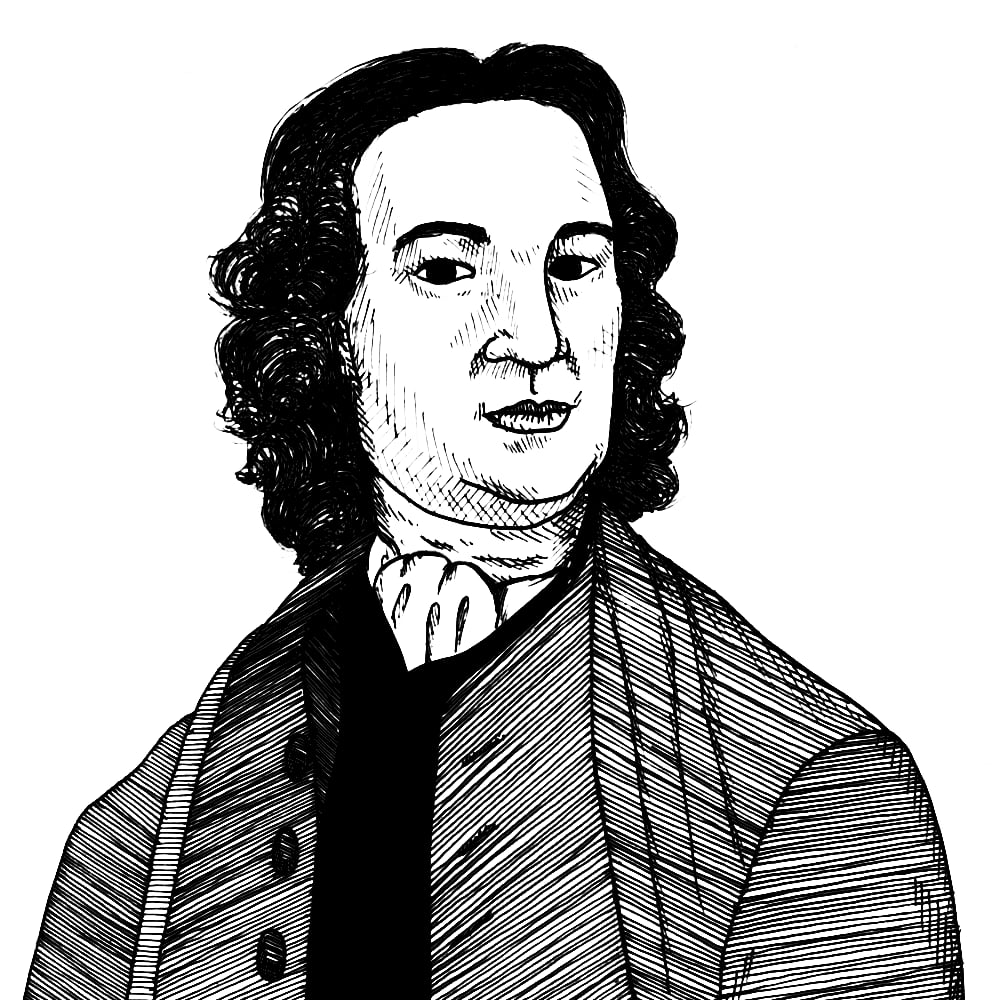
Thomas Gordon warns about the dangers of a politicised Religion which tries to rule this world (1720)
Found in: The Independent Whig, vol. 1 (7th ed. 1743)
On January 27, 1720 Thomas Gordon set forth the principles which lay behind his new magazine The Independent Whig. One of these was to show the dangers of a Church which exercised political power and violence instead of persuasion and other voluntary means to achieve its goals. Gordon believed that the people were not a horse which could be saddled and ridden by power-hungry religious zealots:
Religion & Toleration
I shall shew what a shameful Hand they (the sword wielding clergy) have always had in bringing and keeping Mankind under Tyranny and Bondage to such Princes as would divide the Spoil with them. In such Case, it was a Point of Conscience, and a religious Duty, for Subjects to be miserable Slaves; and Damnation but to strive to be happy. … The chief Intent of this Paper is to let all the World know it, that they may be upon their Guard against the like Mischiefs. It is certain, that the Demands of the High Clergy, upon the Laity, are as great, if not greater than they were at that Time. As Father Paul says of England, The Horse is bridled and saddled, and the old Rider is just getting upon his Back.